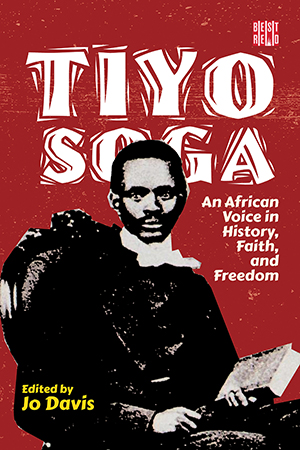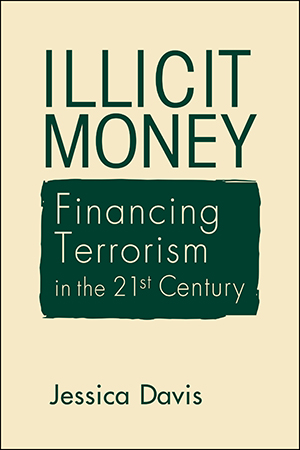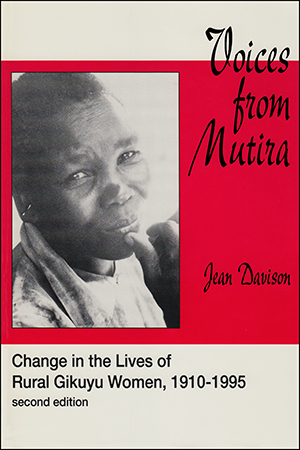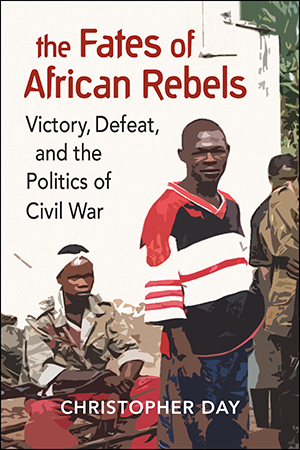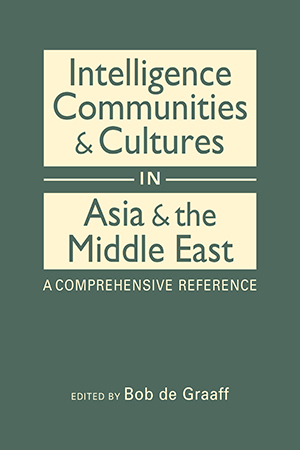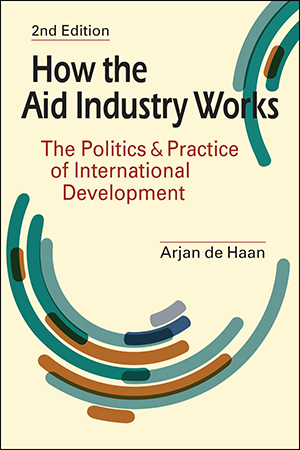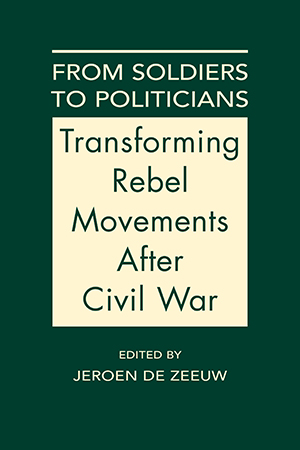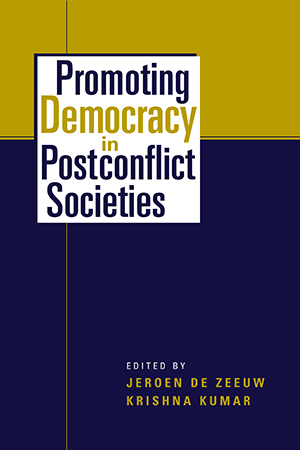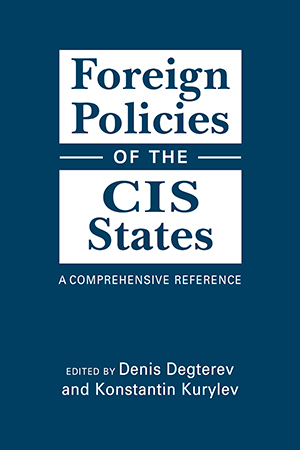BOOKS
Presenting fresh scholarship on the pivotal nineteenth-century Xhosa intellectual Reverend Tiyo Soga (1829–1871), this collection reframes how we understand a sophisticated thinker who More >
Terrorists need money ... to recruit and train people, to buy weapons, to maintain safe houses, to carry out attacks. Which raises the question: how do they procure and protect funds to More >
To update this rich, informative collection of life histories, Davison returned to Mutira in 1989, 1992, and 1994, documenting the changes occurring since her 1984 study. Six of the seven More >
What determines the outcome for rebels in contemporary African civil wars? How are "victory" and "defeat" measured? Is there any connection between a rebel More >
How are intelligence systems structured in countries across Asia and the Middle East—from Russia to India, from Turkey to China and Japan, from Kazakhstan to Saudi Arabia? In what ways More >
International development assistance—what Arjan de Haan calls the aid industry—continues to be critical for overcoming the world’s development challenges, perhaps now more More >
Diana de Marly offers a vivid and comprehensive look at the changing tastes and influences that have shaped fashion in North America from the Pilgrims to the aftermath of the "blue jean More >
In the transition from war-torn societies to stable multiparty democracies, what is the role of former rebel leaders? Can rebel movements effectively transform themselves from military to More >
Few would dispute the importance of donating funds and expertise to conflict-ridden societies—but such aid, however well meant, often fails to have the intended effect. This study More >
How do the former Soviet republics that now constitute the Commonwealth of Independent States (CIS) interact with each other and with other regional and world powers? What are the conceptual More >



